- Learning time
- 40 minutes
- First play time
- 60 minutes
300 Earth and Water
Designed by: Yasushi Nakaguro
300 Earth and Water is a light (-half-hour, or even less) war game where over five rounds (or campaigns) the ancient Persian Empire attempts to lay waste to Greece. One player plays Persia – rich and expansionist-minded – and the other the Greeks, who are comparatively poor, but formidable in battle.
The board shows the arena of battle: Greece, Persia, the sea between them, and around it the coast road. Both sides start with a few armies (cubes) and fleets (discs) in place, and without further ado the first Persian campaign begins. Persia spends twelve talents however they like: starting with cards (cost 1 talent), armies 1, fleets 2, the pontoon to make the coast road navigable for its armies a costly 6. Greece only gets six talents to spend, but armies, fleet and cards all cost a single talent.
Then the chicanery begins, with players taking turns to play cards. Each card has two events on it: one for either side of the war. You can play a card for the event on it – simply follow the text – or discard a card to move armies or fleets (the latter can also carry armies with them). If armies move to a city occupied by the enemy, a battle instantly occurs and keeps going until either one side is defeated, or retreats. Battles are simple: roll dice equal to the number of armies or fleets involved (up to a maximum of three dice) and compare the top single die from each side: ties do nothing, but a winner removes a loser’s army from the board. Persia tend to have the edge in numbers, but the Greeks fight like demons: in the Greek territories any Persian roll or 5 or 6 automatically drops to a four. They only fare slightly better at home in Asia, with their maximum roll hiked up to a five. After cards are played and events and battles resolved, there is a supply phase where both sides need to check the cities they control have enough supply power to feed their armies – a simple matter of comparing number of armies to number of amphora on the board beside the city spaces. Then players check for control, with the player who controls a higher number of cities – by dint of having armies there – scoring the points differential.
The Persian role in the game is fairly attritional: to swamp Greece with greater numbers and canny event play. The Greek side is more reactive, but not excessively so: as well as winning by points – whoever has momentum after the fifth campaign – it’s also possible to win by wrestling control of the enemy’s home cities from them. Mix in some pretty abrasive event cards, and the fact up to two campaigns can even be halted before they start – if the Persian player draws the card Sudden Death of the Great King, the campaign is instantly over, which may not suit them at all! – and you have a very swingy, reactive battle, which seems like it favours Persia at the start, but there will be surprises in store both both players…
The guru's verdict
-
Take That!
Take That!
It's a war game, so that will be taken at regular intervals
-
Fidget Factor!
Fidget Factor!
Once you're past that marginally opaque first play, actually rather low. There are only two players, and you're unlikely to have an enormous hand of cards.
-
Brain Burn!
Brain Burn!
Strategy and tactics are the nub of the game: but also reading or second-guessing your opponent. The key to winning is shrewd play, and that's the predominant feature of any brain-burning here rather than an excess of rules.
-
Again Again!
Again Again!
You can play both sides, the cards arrive randomly, the Sudden Death of the Great King can put a spanner in the works at in opportune moments... but what really makes 300 so replayable is the flexibility in what you do with the cards

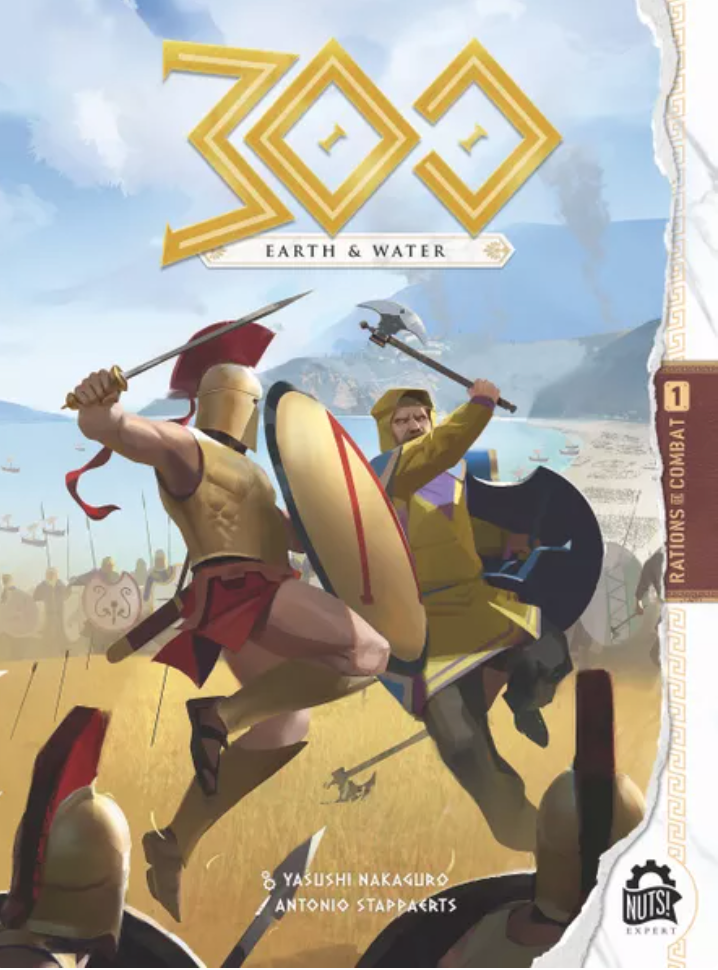
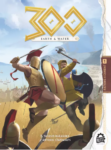
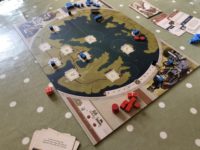
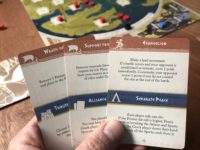
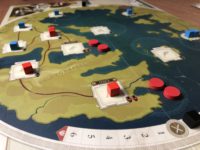
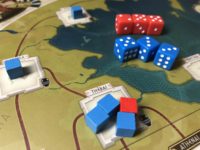


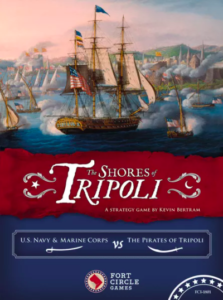

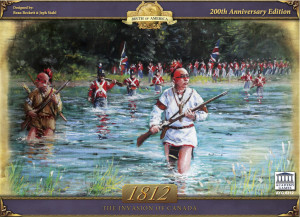

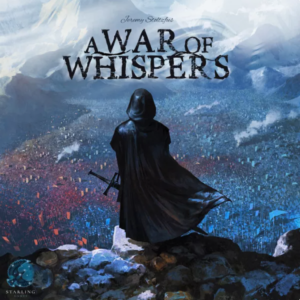
Sam says
As wargames go - often lengthy and rules-laden - this is at the simpler end of the spectrum, and while the rules-reader needs to invest a bit of time to understanding the games procedures and parameters, teaching it to someone else once you've played it yourself is pretty straightforward. Spend your cash, play your cards, score points (or try and sneak an instant win by grabbing your enemy's home turf!). The dilemma between using a card for it's event or sacrificing it to shuffle your armies and fleets around the map is, to a certain type of player, a delicious one. Your opponent doesn't even know what cards you have, let alone how you'll use them, and the fact there are two distinct ways to win is great: putting efforts into one can make you weak in the other. All in all, a very shrewdly pared-back title for it's genre.